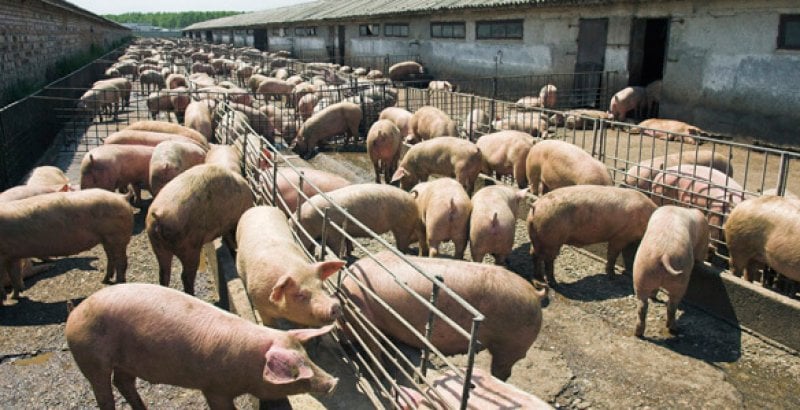The GLP aggregated and excerpted this blog/article to reflect the diversity of news, opinion and analysis.
Legislating [animal welfare] from a place of well-intentioned ignorance has real consequences. Take the demand for crate-free sow gestation barns. While being able to turn around and move freely seems like an intuitive improvement from a human perspective, to a sow it also means the loss of a gestation crate that used to protect her from larger, more aggressive sows. The removal of this device may represent progress for the biggest, meanest sows in the pen, but the smallest, weakest sows’ days just got a whole lot worse.
Despite its elevated spot in the American imaginary, the family farm isn’t the repository for all that is good, and the corporate farm isn’t the very incarnation of evil — even if we use animal welfare as the metric. In my capacity as a veterinarian, I have been on small family farms where hogs are tied to a stake in the ground, cattle are emaciated, and poultry are kept in houses that are unbreathable due to poor ventilation. I have also been on enormous farms that are clean, have well-fed and healthy animals, and have a workforce dedicated to the animals’ comfort.
But if we want to make life better for both animals and workers, we should focus on industrialized agriculture. With sizable corporations, it is both easier to organize workers and monitor animals and easier for those companies to handle the increased costs of production that come with improved working conditions and animal welfare.
Rejecting the cost savings of modern commercial farming is a reactionary response that confuses technological advancement with capitalist malfeasance.
Read full, original post: Welfare for All. Want to improve animal welfare?































